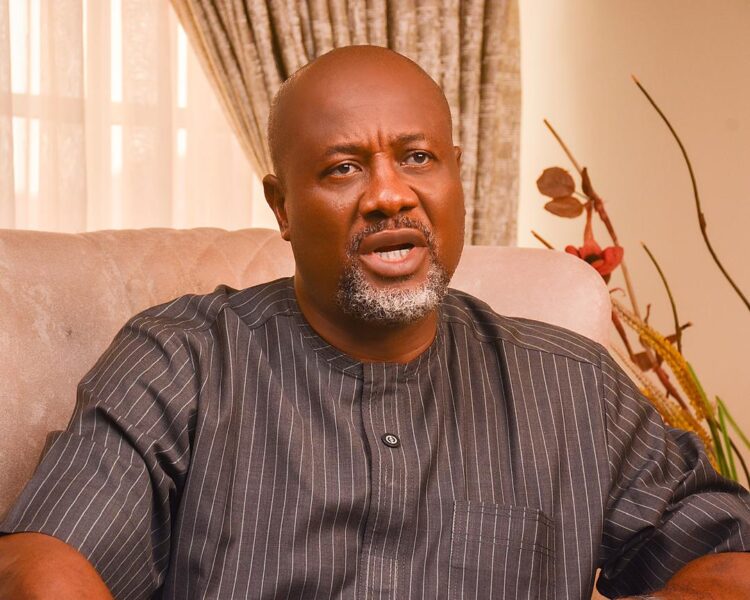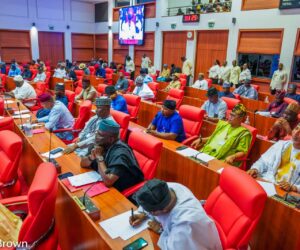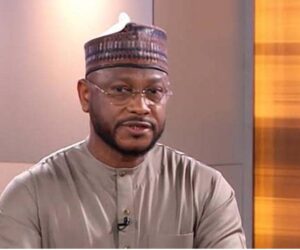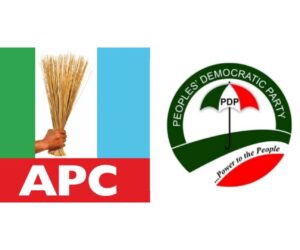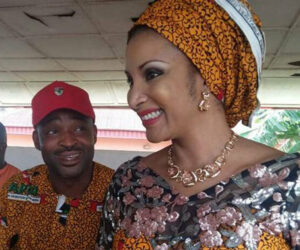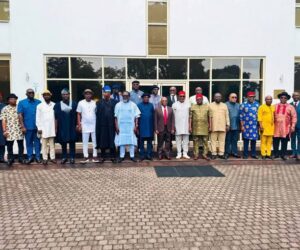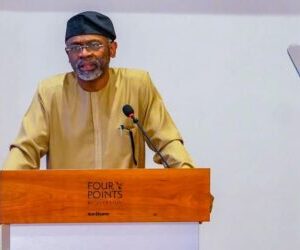Against the backdrop of hardship Nigerians are experiencing, the Chairman of the Wuse Market Traders Association in Abuja, Okorie Ikechukwu-Raphael, has cautioned traders against arbitrary inflation of prices, warning that excessive profiteering is worsening the economic hardship faced by Nigerians.
According to Ikechukwu-Raphael, government policies are beginning to bring relative stability to the economy but the actions of some traders risk undermining these gains.
Speaking with newsmen Friday in Abuja, the traders’ leader said traders should avoid excessive price inflation as part of efforts to drastically reduce harship.
“The Federal Competition and Consumer Protection Commission FCCPC has been advocating against raising prices by 200 or 300 percent. Business should have a human face — sell at reasonable rates so that citizens can breathe. Give a human face to the business we are doing”, he said.
He also urged citizens to play their part in stabilizing the economy, stressing that national recovery cannot be left to government alone.
According to him, the administration of President Bola Tinubu has made progress in taming volatility in fuel prices, exchange rates and food costs, which now fluctuate within a “manageable margin of two to five percent.
“Last year, I noted here that the President was working hard to stabilize the economy amid turbulent exchange rates, fuel price fluctuations, and rising food costs. At that time, I predicted that by 2025, we would be on “cruise control.” Today, we are seeing relative stability: fluctuations in exchange rates, petroleum products, and food items are within a manageable margin of two to five percent. The President is now focusing on ensuring more food gets to the table of Nigerians. “
He said insecurity and poor infrastructure remain the biggest threats to food production, but ongoing efforts by the National Security Adviser and the Ministry of Works are aimed at resolving these challenges.
Ikechukwu-Raphael also commended the Dangote Refinery for supporting distribution systems that help reduce the cost of moving produce across the country, while highlighting President Tinubu’s recent agreement with Brazil to import high-yield crop varieties into Nigeria.
On the international front, he said investor confidence in Nigeria was improving, as the Naira now reflects “real value” in global transactions.
“Government policies are becoming more transparent, and funds are being better utilized in turnkey projects such as irrigation and water supply,” he added.
The market leader also warned that citizens, especially young people, must embrace hard work and resist the temptation of shortcuts to wealth.
He called for renewed national orientation to instill confidence, discipline and productivity.
“Nigerians also need confidence in the country and a renewed work ethic. Too many young people expect wealth overnight. Life doesn’t work that way. I grew up farming with my grandparents, producing food for our community, even while schooling. Youth should be encouraged to get educated, embrace agriculture, and engage in meaningful work. That’s how nations are built.
“Unfortunately, when you walk the streets at night, you sometimes see young people wasting their potential, and it’s heartbreaking. The government must do more to reorient our youth and show them the rewards of hard work”, he stated.
Ikechukwu-Raphael maintained that while economic reforms would take time to fully yield results, collective responsibility, moderation in pricing and investment in Agriculture would help Nigerians weather the current hardship.

